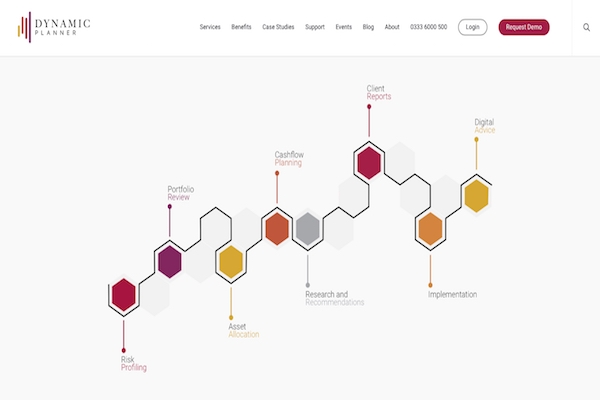Financial Planning fintech Dynamic Planner has launched a financial wellbeing questionnaire enabling advisers to identify client vulnerability characteristics in compliance with the forthcoming Consumer Duty.
It has been tested with more than 1,000 investors, the company said.
It was developed by Dynamic Planner’s head of psychology and behavioural insights Dr Louis Williams, in collaboration with the company’s fund research team and academics from Henley Business School, part of the University of Reading.
The FCA's new Consumer Duty will begin on 31 July and will require regulated firms to provide evidence of fair treatment of clients at all stages of their 'customer journey.'
The questionnaire is intended to be used as part of a broader advice process that has already considered risks, costs and complexity of the financial product being recommended to a client.
In line with the FCA's new rules, the questionnaire includes objective measures to understand the client’s current situation as well as subjective measures that explore how the client feels and their abilities to cope, both important for assessing client vulnerabilities.
Dr Williams said: “With the first deadline for Consumer Duty imminent, the launch of our questionnaire powers the identification of vulnerabilities with technology, enabling financial advisers to assess individual clients across four key areas: health, life events, resilience, and capability.
“Aligned with the FCA’s Financial Lives Survey, it provides advisers with a solution to the call to action set out by Consumer Duty to assess client’s vulnerability characteristics.”
Financial advisers using the questionnaire with their clients will receive a report for their Consumer Duty record which highlights areas of vulnerability.
The report includes insights and tips to help with life’s challenges to share with the client and aims to encourage higher levels of resilience so that a client’s level of financial self-efficacy and wellbeing increase.

